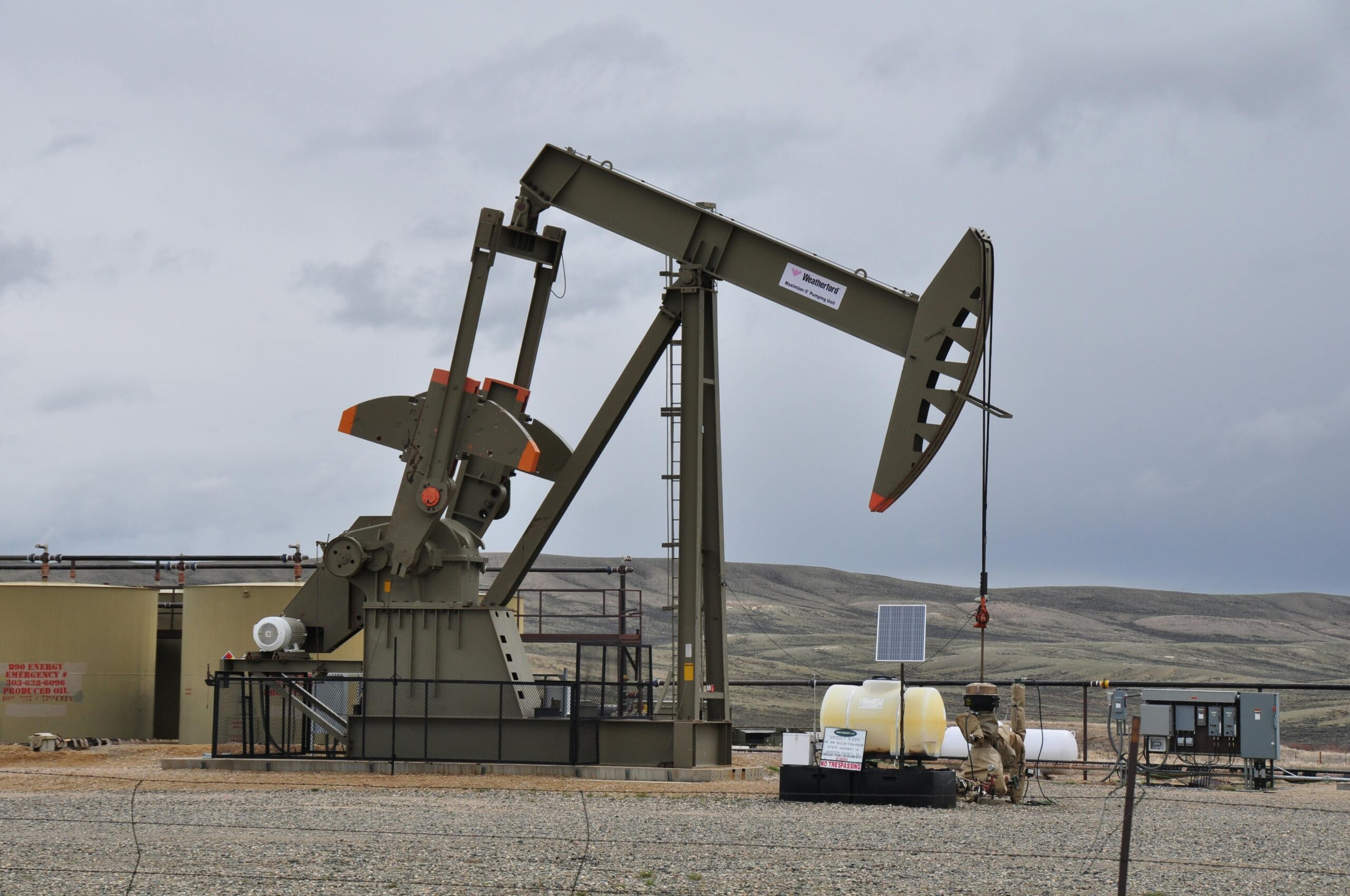Climate Crisis AM Edition 1.18.24 A Trump Administration Would Downplay Climate Change

- If Donald Trump is elected president, the federal government is expected to withdraw from aggressive attempts to cut greenhouse gas emissions. “The approach is to go back to all-out fossil fuel production and sit on the EPA,” Steve Milloy, a former Trump transition team adviser, told Politico yesterday. Investment in curtailing global warming, part of the current Administration’s roadmap of strategic goals, has included as much as $50 billion for climate resiliency because the crisis is viewed as a threat to human life and property, a source of social inequality and a cause of migration from Central and South America to the southern US border.
- PNSA recently published a paper titled “Observed humidity trends in dry regions contradict climate models.” Scientists have widely accepted that a warm atmosphere holds more moisture than a cool one. The study’s authors say that current models do not support these assumptions. If the atmosphere in dry areas stays dry, climate change may worsen. Phys.org reports, “If the atmosphere is drier than anticipated, arid and semi-arid regions may be even more vulnerable to future wildfires and extreme heat than projected.”
- Global warming should mean warmer summers. However, this winter in the US has been unseasonably cold throughout much of the country. Today, temperatures across many of the northern tier of states will be in single digits or lower. Climate scientists have pointed out in the last several days that climate-driven changes in the jet stream alter the shape of the polar vortex, a mass of cold air that circles the Arctic regions. The cold air is sometimes driven south from the North Pole as part of this instability.
- Consultancy South Pole has published its Net Zero Report 2023/2024. Corporations have started to downplay communications about climate change efforts. Eight out of ten companies said that communicating their net zero plans was good for their profits, but they have started to be reticent on the issue for several reasons. “The majority of surveyed companies – nine of the 14 major sectors – are actively decreasing their climate communications,” researchers at South Pole wrote in the reports. Over 1,200 companies in 20 countries were part of the survey. The activity, known as “greenhushing” is driven by, among other things, the lack of the ability of companies to meet strict climate regulations. John Davis, the Interim CEO of South Pole, wrote: “Our latest Net Zero Report finds a continuing and deepening contradiction between talking corporate climate but choosing not to communicate around it. Unfortunately, the vast majority of global companies are doing nothing at all, with no public targets to show.”
- A new report released yesterday titled “Health and equity implications of individual adaptation to air pollution in a changing climate” forecasts that climate change will sharply increase the number of days people receive official air quality alerts. The authors expect these alerts in the eastern US to quadruple by 2100. The poor will be disproportionately affected by this trend. “We find that air quality alerts could increase steeply by the end of this century, especially in areas with high Black populations, lower incomes, and leakier homes.” One solution to the problem, the authors wrote, maybe a migration to areas of the country where air quality is less of a threat.
- Tesla’s sales are getting a helping hand from Uber. In an exclusive report, an Axios writer notes that Uber has offered many drivers the chance to get a $2,000 credit if they buy a Model 3 or Model Y. Presumably, this is on top of the federal tax credit, which can be as high as $7,500. Uber wants to lower its carbon footprint in the US and Canada by the end of the decade. It also wants a say in where Tesla puts its Superchargers. As part of the arrangement, Uber will share driver data with the EV company to help target where Supercharger installations will be the most successful. The news comes at a good time for Tesla. Hertz, which planned to buy 100,000 Teslas for its rental fleet, recently reversed that decision and announced selling 20,000 Tesla models to pay for gas-powered cars. Hertz management said the demand for EVs among its customers was too low. One drawback to EV demand is that consumers worry about too few public charging stations.
More from ClimateCrisis 247
- California’s Wildfires Surge To 70,000 Acres, Damage Into Billions
- LA Can’t Get Wildfire Smoke Out Of Homes
- Florida Home Insurance Jumps $1,300 In One Year
- Climate Fake News Penalties May Cost Billions






